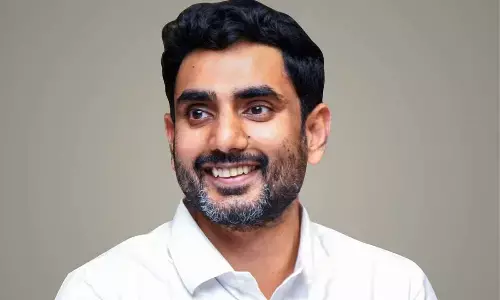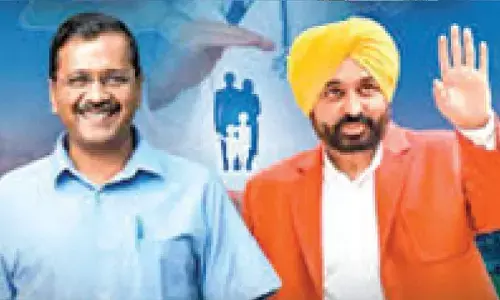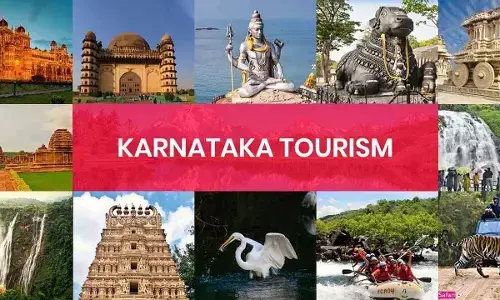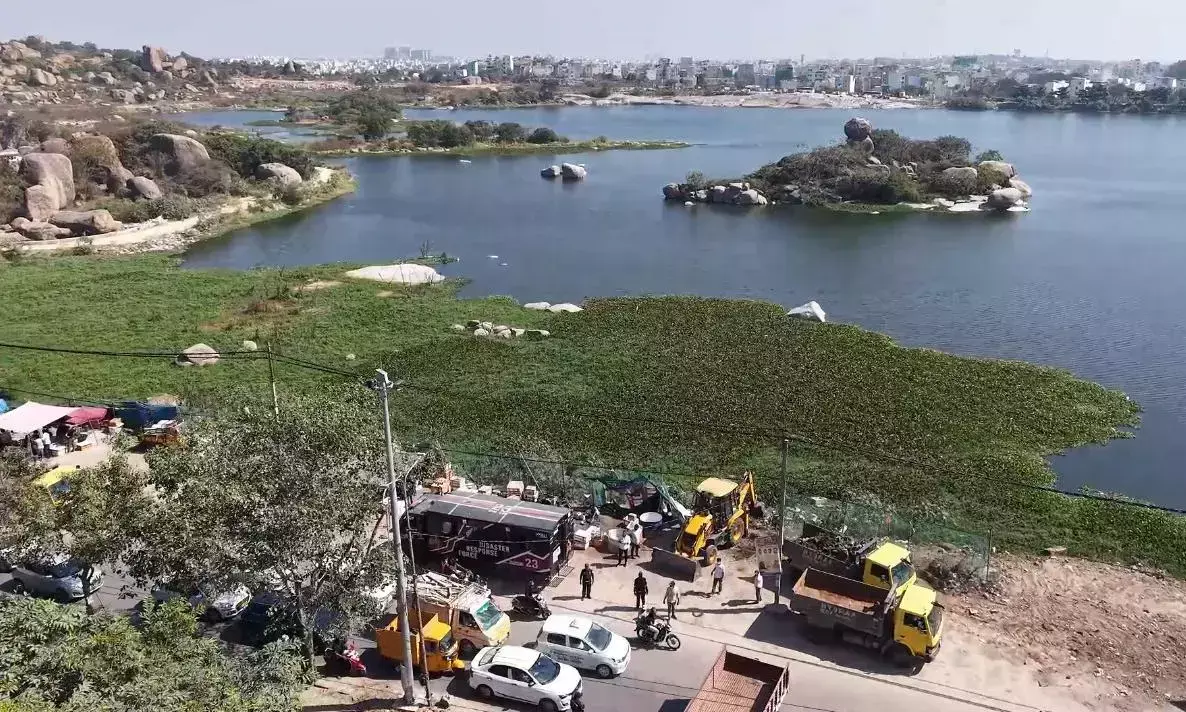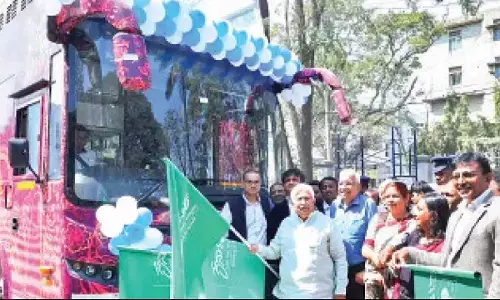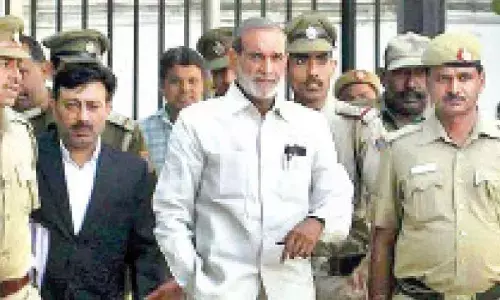Meritocrats Need of The Hour
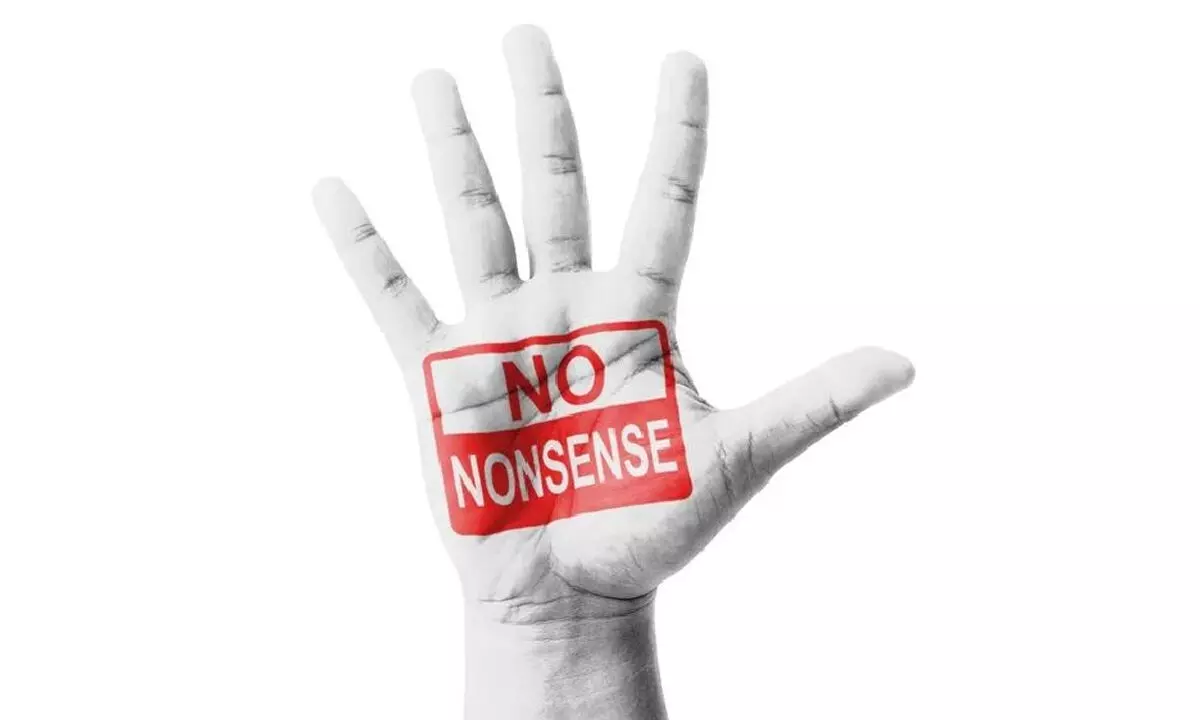
Meritocrats Need of The Hour
It is time winds of change start blowing in the governance, whether it be at the Centre or in States
It is time winds of change start blowing in the governance, whether it be at the Centre or in States. Governance has to improve and catapult India into a 5 billion economy. A shakeup in the appraisal of bureaucracy which has come as a legacy of the British rule and remodelling of governance with a clear-cut division of work and freedom from the culture of 'Yes Minister' is the need of the hour.
India has excellent talent. It has great minds but somehow, somewhere down the line, the bureaucracy has become submissive. They may not agree. They get angry but this is the impression among the common men, which needs to be taken note of – not with anger. A deep analysis should be made and things should change.
Maybe bureaucracy feels that the political executive which thinks that it is the epitome of all wisdom is not receptive to their advice. This is one issue that needs to be well debated and some solution be found to rejuvenate the administrative system.
The politicians, the bureaucracy and for that matter everyone talk about good governance. But the concept of good governance is getting narrowed down to few welfare measures. That is not good governance. One important factor that needs to be understood is in the last three decades, subjects to be handled by the government and the officers have become highly technical and require high level of expertise based on ground situation. This requires different kind of management techniques.
Until 90's, the IAS could manage any job as it did not require that much of legal scrutiny or dependence on technology. Now, several issues like power, waste management, water management forest, education, internal and external security, health etc., have emerged as highly complicated issues which need new ideas, new innovations and new expertise. Hence, it is time seniority-based promotions alone will not help. The appraisal should be done in a scientific manner. There is nothing wrong if lateral entrants are given a chance for select senior positions.
But unfortunately, these days for the sake of votes, our great leaders keep saying that they will abolish contract system of jobs. There is nothing wrong in the system. Where things go wrong is when the governments discriminate against them, treat them as second-class citizens and do not pay them well.
Talent cannot be the property of any single individual. We have seen how the IAS officers on deputation to private companies come up with extraordinary output. But when in government, same spark and similar ideas are missing. Apparently, something is wrong somewhere. Either the political executive does not give them the required freedom or they are not receptive to excellent suggestions as their level of perception is low or they are only bothered about vote-bank politics to remain glued to power.
In private sector, top performers are rewarded while losing the job would be the worst outcome when they fail to perform. In government sector, material reward system is not there for extraordinary performers. On the other hand, the political executive would not allow such people to be in important positions and opt for 'Jee Huzoor' type of officials. When it comes to accountability, in government procedures are too complicated and the feudal status which we got as legacy from the Britishers still continues.
If the political executive has a single mind approach to develop their respective states and drastically reduce their lust for power, the private sector and the government sector can emerge as engines of economic growth. That would become the real double engine 'Sarkars.' There should be a mix of the best of both worlds. The bureaucracy should be able to convince the government of the day with its innovative ideas and desist from parroting the language of the political executive. They need not fear anything and should be able to call a spade a spade. This is important because they are specially trained to be the eyes and ears of the government and should be people-friendly. The bureaucracy has to work along with the elected government. But it is here where they should not hesitate to call a spade a spade and refuse to tow what the leaders say if they feel that a particular idea or decision could impact the growth of the state or affect its economy. What any government requires is 'Meritocrats'.
Whether in life or administration, challenges never end. Governance should be citizen-centric not ruling party-centric. There should be zero tolerance towards nonperformers and implementing policies, which could become a drain on the economy and ideas like distribution of freebies or dusting outdated centuries old British era rules and issuing GOs should not be encouraged.
For example, we have seen how a GO banning road shows, rallies etc was issued. The reason for this GO was the two incidents one at Ongole and Guntur in Andhra Pradesh where stampede took place during TDP road show and distribution of freebies. These incidents were unfortunate ones. If the police and the district administration had taken a liberal view and made necessary arrangements, perhaps they could have been avoided. But bringing a GO making any demonstration or protest or rallies impossible is not a good sign in democracy. Dissent is a right in democracy. Rallies and meetings at the places where the stampede took place were the venues where similar meetings by different political parties including the present ruling party were held.
These were the same narrow roads and grounds where NTR held massive public meetings and road shows. They were narrow then and continue to be so even now. The successive governments did nothing to widen the roads. This being the election year, all political parties would have to use these very roads for meetings, rallies and road shows.
On Thursday, the YSRCP took out a massive rally in Nandigama of NTR district. As per the GO 1 that was issued three days back, no rallies, meetings, etc., should not be held on National Highways or state highways. There should be no bursting of crackers or use of DJs and bikes rallies are also not permitted.
But for an official function of oath taking by the executive members of a market committee, a lot of Hungama took place. The ruling party leaders led by MLA V Srinivas Rao, M Jagan Mohan Rao and MLC Arun Kumar took out a huge rally on the national highway where crackers were burst, beating of drums, DJs and bike rally was there. Even a crane was used to garland the leaders. It is this which sends wrong political signals.
This tendency of putting restrictions on opposition parties is there among all ruling parties. We have A Gujarat bill facilitating registration of criminal cases against persons who stage protests in violation of Section 144 of the Code of Criminal Procedure (CrPC) and it has recently received Presidential assent. The bill known as Code of Criminal Procedure (Gujarat Amendment) Bill, 2021, was passed by the State Assembly in March last year.
The bill seeks to make any violation of prohibitory orders issued under Section 144 CrPC a cognisable offence under Indian Penal Code Section 188 (disobedience to an order duly promulgated by a public servant).It amends Section 195 of the CrPC which states that no court shall take cognisance of any criminal conspiracy for contempt of the lawful authority of public servants, except on the complaint in writing of the public servant concerned.
The political war should be on policies and programmes. If rules and restrictions are to be imposed, they should be applicable to all not just on opposition parties. These are some of the areas where the bureaucracy, the IAS and IPS have to guide the government and see that law was equally made applicable to all. Somehow, somewhere there has been some aberration which is leading to an impression that the bureaucracy was just following what the political executive says without advising the government on the pros and cons of certain decisions.
Good governance would be possible only when all the wings work in close coordination and strict adherence to rules is ensured. Let us hope the winds of change would be seen soon. Maybe the proposal of the Prime Minister Narendra Modi to adopt a 360 degree appraisal of these Central services officers would go a long way in bringing winds of change and real uniform good governance across the country so that India can become a major economic power.









